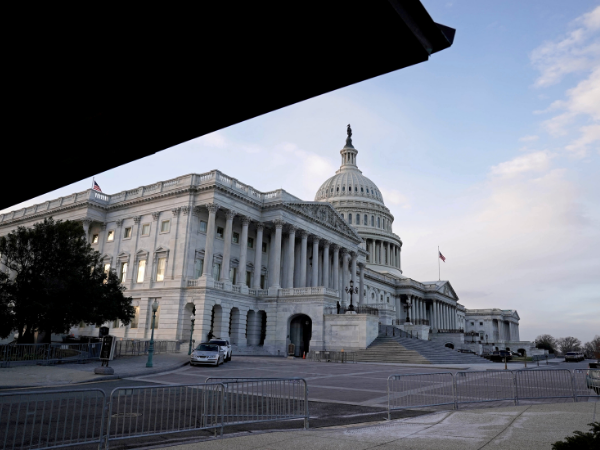US House panel to push for Big Tech antitrust bills amid insistent criticism
The House Judiciary Committee will take up a package of six antitrust bills on Wednesday, many aimed at reining in Big Tech, with heated debate expected on both sides of the issue.
There has been a flurry of opposition directed at the most sweeping reform bills, including from the powerful U.S. Chamber of Commerce, Amazon.com Inc, Apple Inc, Facebook Inc and Alphabet Inc’s Google.
Facebook, for example, argued that the bills underestimate competition from overseas and “are a poison pill for America’s tech industry at a time our economy can least afford it.”
Each of the bills has multiple Democratic and Republican co-sponsors, and each has sparked opposition, or at least concern, from members of both political parties.
Eight U.S. House of Representatives Democrats wrote to the House and Judiciary Committee leadership last week, urging them to delay the vote.
Republicans Jim Jordan and Mark Meadows said in an opinion piece that “these bills would wreak bureaucratic havoc on conservative values, speech and free enterprise.”

A view of the U.S. Capitol Building in Washington, D.C., U.S. December 21, 2020. REUTERS/Ken Cedeno
A White House official said U.S. President Joe Biden believes steps are needed to protect privacy, generate more innovation and deal with other problems created by big technology platforms.
The companies have spent nearly the past two years facing federal, state and congressional probes into how they use their clout to fend off competition, extend their dominance into adjacent markets or abuse their dominance.
Two of the bills address the issue of giant companies, such as Amazon and Google, creating a platform for other businesses and then competing against those same businesses. One would require the competing business to be sold while the other would require platforms to refrain from favoring their own businesses.
Related Articles
A third bill would require a platform to refrain from any merger unless it could show the acquired company does not compete with it. A fourth would require platforms to allow users to transfer their data elsewhere.
The last two would increase the budgets of antitrust enforcers and ensure that antitrust cases brought by state attorneys general remain in the court they select.
(Reporting by Diane Bartz in Washington; Editing by Matthew Lewis)

